
On Feb. 19, Marquette associate professor of law Ed Fallone will go up against incumbent Justice Patience Roggensack and Milwaukee attorney Vince Megna in a primary election for a ten-year term on the Wisconsin Supreme Court. A general election will be held April 2.
Fallone has been teaching constitutional law and corporate law at Marquette for the past 20 years. In a Jan. 7 interview with WISN, he called the Court “dysfunctional,” citing personality conflicts prohibiting the Court from carrying out its duty to fairness and partiality.
Fallone said his experience in corporate and contract law and involvement with Latino organizations in Milwaukee will allow him to be a fair judge with broad political appeal.
He recently sat down with the Tribune to talk about the campaign.
Marquette Tribune: Where did you grow up? How did that influence you to go to law school?
Ed Fallone: I grew up in suburban Maryland, sort of the suburbs of Washington, D.C. So it was a mix of suburban and rural, a real mixture of rural and middle class kids. I am one of four children; my mother came to this country from Mexico, and she married my father, a high school English teacher. And actually, I got interested in the law from sitting around Friday nights with my friends arguing about sports, politics, girlfriends and everything under the sun, really. I was fortunate to get a scholarship to go to Boston University, and I got an undergraduate degree and law degree there in a six-year program. Then after graduation, I practiced law in Washington, D.C., mostly representing defense corporations and contractors who mainly built carrier ships and cruise missiles in their business disputes and in their defense in government investigations in their practices.
MT: What was your favorite class in law school? What is your favorite class to teach now?
EF: Well when I was a law student, I really enjoyed corporate law. This was the 1980s, a time of insider trading and hostile takeovers on Wall Street, and I thought, as the son of a high school teacher, I thought this was new and exciting, and I really enjoyed it. Unfortunately, I was not a fan of my professor – I thought it was a fascinating topic, but he taught it in a boring fashion. And that’s one thing, when I decided to become a law professor, I wanted to get the students interested and excited about the topic. Which leads to my favorite class to teach, which is constitutional law. By nature it’s an exciting topic, because people come to class with opinions, and it’s always a great discussion in the classroom when people express their opinions, listen to the opinions of their classmates and perhaps reassess what they think they thought they knew.
MT: What was the biggest lesson you learned from a professor?
EF: Well the lesson that I think I learned, and the lesson I try to pass on to my students today, is that when you reach a certain level of your profession, you can’t just rely on being the smartest person in the room anymore. Maybe in high school or in undergrad you could get away with not working too hard and just being smart, but by the time you’re in graduate school and certainly in the real world practicing, there are a lot of smart people out there. So, what really is important is preparation, being the most prepared person in the room.
MT: What is your biggest motivation to run for the Wisconsin Supreme Court?
EF: I’m running for the state Supreme Court because I understand this is a crucial time in our state’s history. We have a state that is politically divided, and we have many contentious issues about to make their way to the Supreme Court. And so the public is looking to our court to be independent, to give a fair hearing to all sides and to come to a resolution on these very important questions. I’m running because at this time, I don’t believe our court is operating effectively – they are mired in personal disputes that is affecting their work. We can’t afford the luxury of the court being broken at this time, so I’m running to help fix the court.
MT: You mentioned being independent. What steps are you taking to make sure your campaign is nonpartisan?
EF: I think one of the things I’ve learned is that while I’m extremely well-qualified to be a judge, the whole other question is if I’m a good candidate. But I am learning what it takes. My campaign is trying to bring many different groups under a big tent. I have support in the Latino community, where I’ve worked for 20 years, and I have support in groups that advocate for various causes such as access to justice. I have support from business leaders and corporate lawyers from my long career of representing businesses and investors. So what I hope to demonstrate in my campaign is a list of supporters that go across standard political lines.
MT: As an undergrad, you were a Spanish studies major, and you’re involved in many Latino organizations. How does this give you a different perspective on the law?
EF: The groups that I’ve worked with and led in the south side of Milwaukee have involved me in the lives of the people that live in that community. I’ve seen firsthand someone who is “working poor,” someone who has a job but certainly can’t afford high priced lawyers. I’ve seen firsthand in a lawsuit, maybe a car accident, they’re on their own and that can begin a downward spiral in their life. So, I’ve worked on access to justice issues so that people in the community can … keep their justice and legal problems from undermining their lifestyle. What informs my role as a judge will be working with people, not just the problems in the boardroom.
MT: If you’re elected, what personality trait of yours will better the court? Do you see yourself as an outsider?
EF: Well, I see myself as independent and professional, someone who has high standards, which should be no surprise to anyone who thinks of Marquette, which represents independent thought and high standards. This is why I still enjoy being a member of the faculty. I would be a justice who is open to listening to both sides in a case, open to listening to my colleagues, but very interested in each individual case on its own merits and not trying to advance any broader agenda.

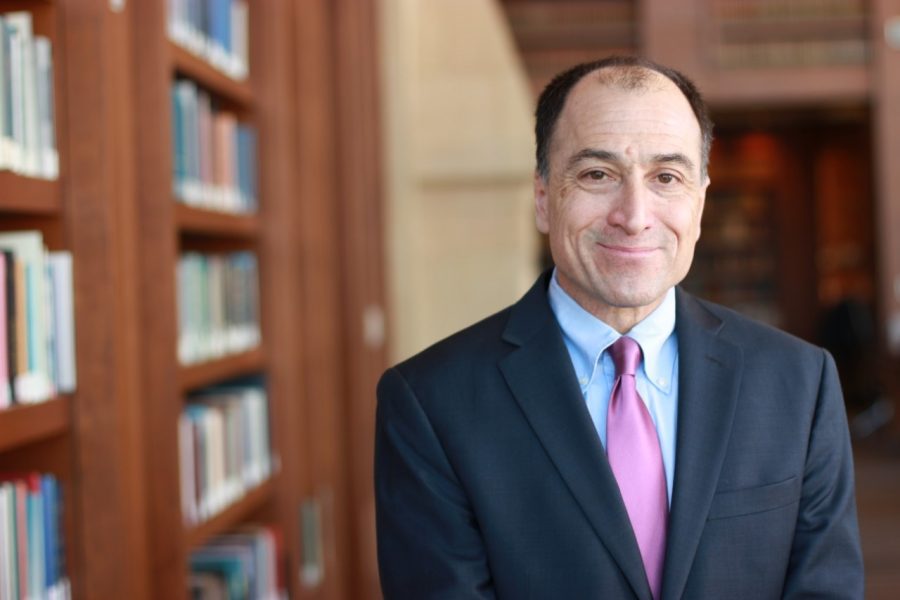
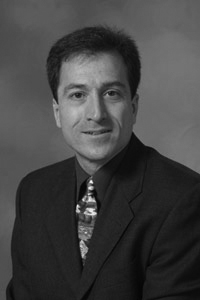
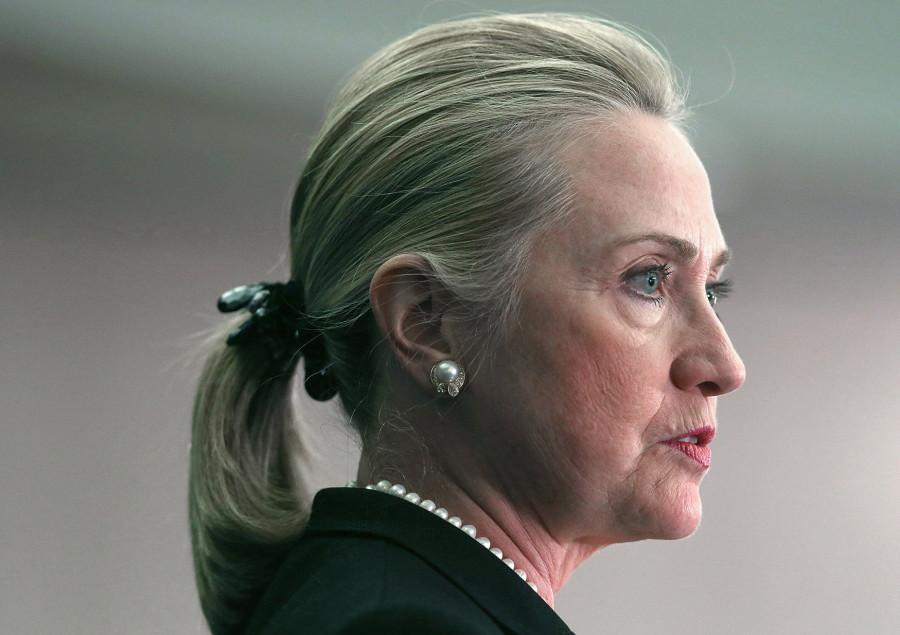
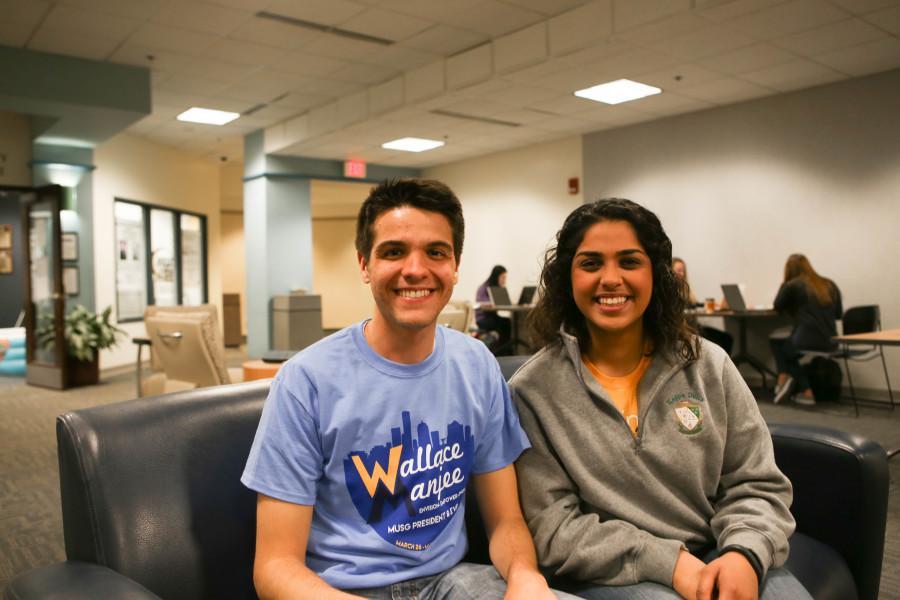
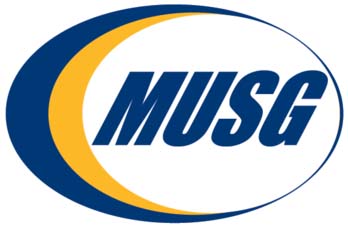
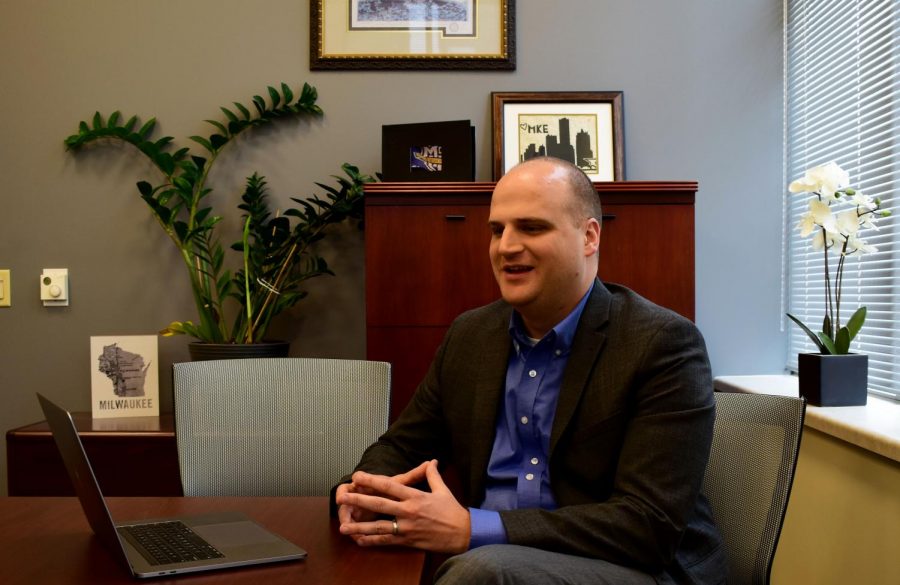
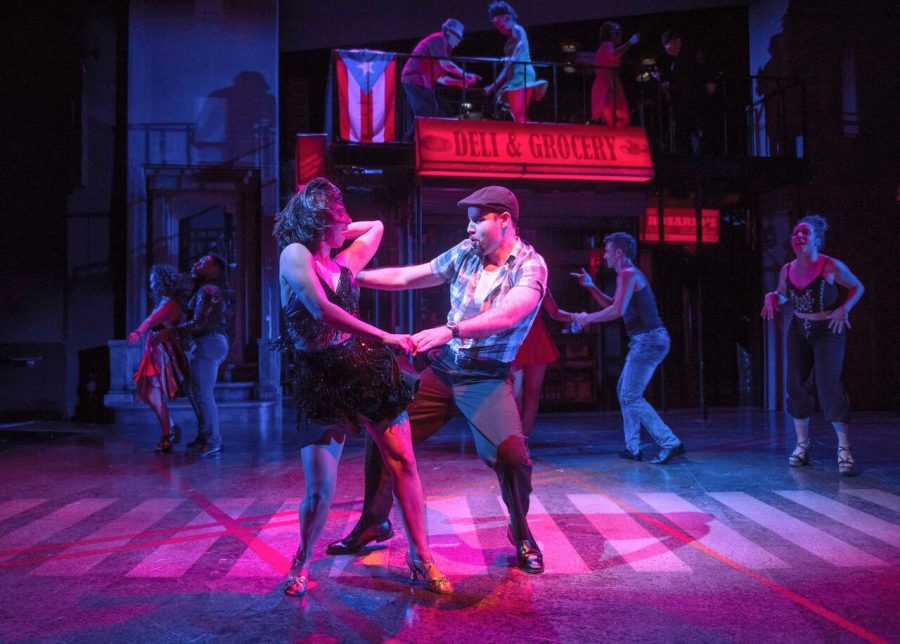
Marilyn McDole • Feb 5, 2013 at 10:42 am
I am excited about this election and Prof. Fallone’s candidacy.
Marilyn McDole • Feb 5, 2013 at 10:42 am
I am excited about this election and Prof. Fallone’s candidacy.
DavidAaron • Jan 31, 2013 at 1:39 pm
Great candidate! Good luck Ed Fallone!